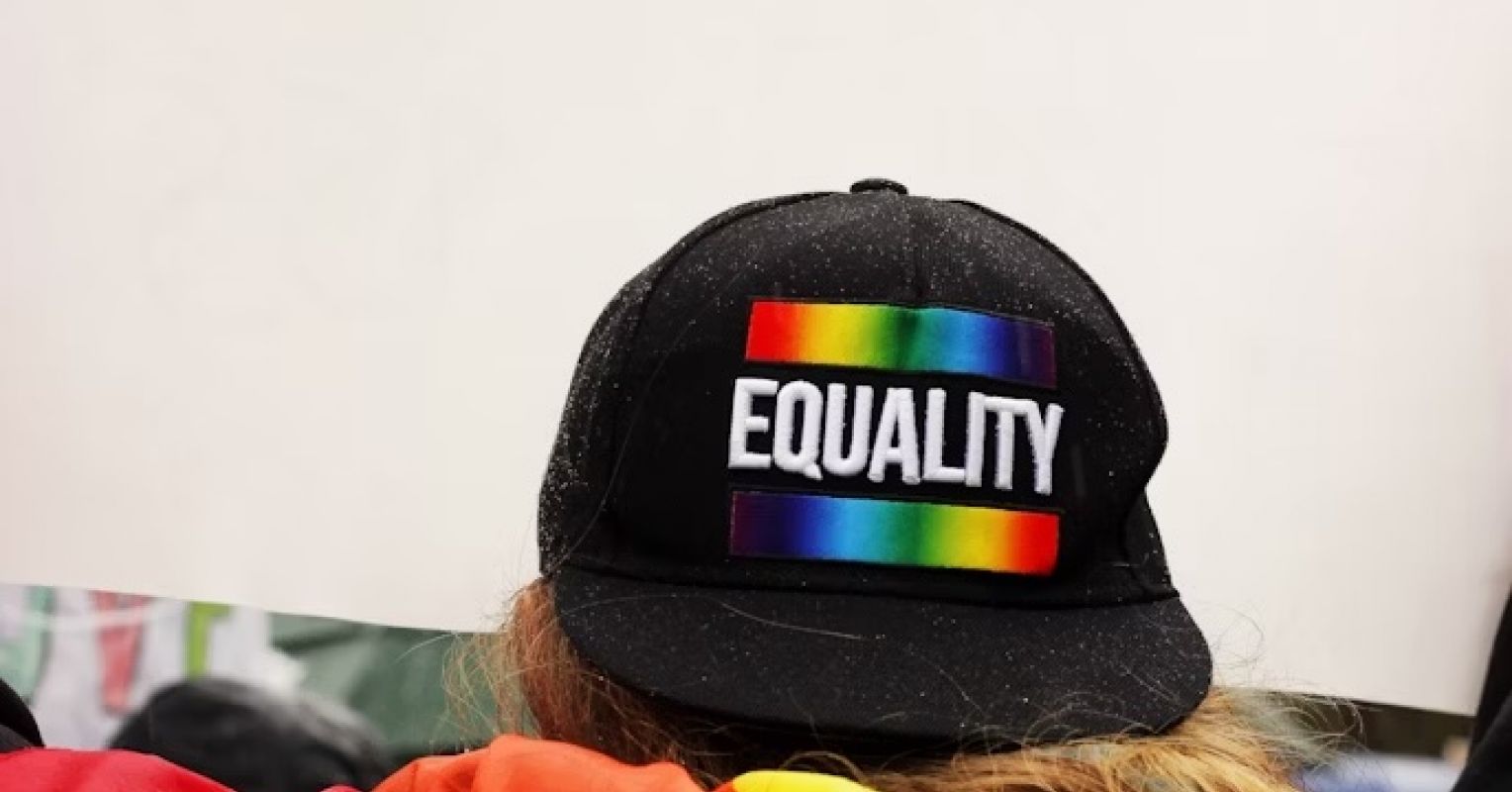
"Peer family support networks strengthen LGBTQ+ youth well-being. Across the globe, LGBTQ+ youth face disproportionately high rates of mental health challenges, bullying, and rejection. In the United States, 66 percent of LGBTQ+ youth report experiencing recent symptoms of anxiety, and 53 percent report depressive symptoms, while nearly half (49) percent of LGBTQ+ youth ages 13-17 report being bullied in the past year ( The Trevor Project, 2024)."
"Parental and familial acceptance can significantly improve psychological well-being among LGBTQ+ youth (Ryan et al., 2009). For example, in a 2022 national survey of more than 25,000 LGBTQ+ young people, greater parental/ caregiver support of the youth's LGBTQ+ identity was linked with reduced suicide risk (Nath et al., 2025). However, this support is often not binary. Acceptance is a dynamic, nonlinear process-more akin to a rollercoaster than a finish line."
LGBTQ+ youth experience disproportionately high rates of anxiety, depression, bullying, and rejection. Family acceptance and caregiver support correlate with improved psychological well-being and lower suicide risk. Acceptance typically unfolds as a nonlinear, ongoing process that can include cycles of confusion, fear, and progress, especially during milestones. Cultural and religious beliefs shape how families express love and support. A diversity of supportive actions allows multiple entry points for families to demonstrate care. Peer family support networks and community allies bolster resilience and serve as additional protective factors for LGBTQ+ youth mental health.
Read at Psychology Today
Unable to calculate read time
Collection
[
|
...
]